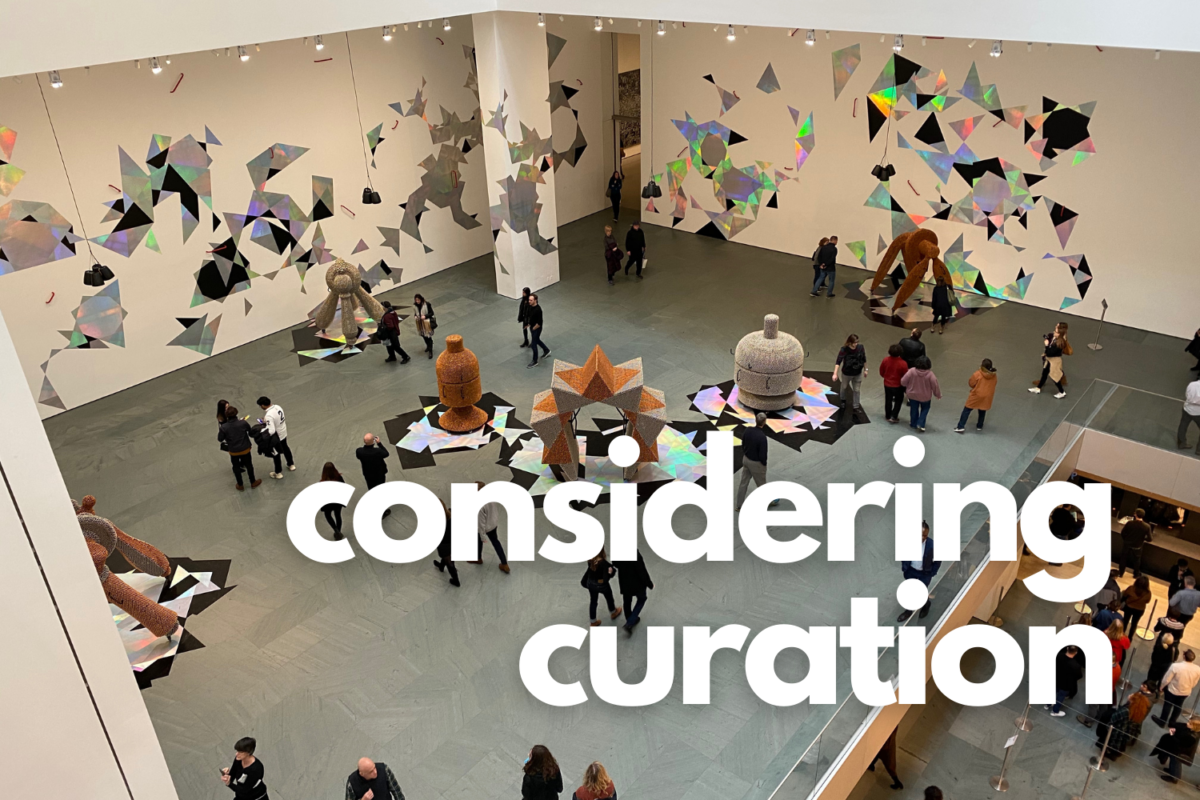Joe Rogan and his medical disinformation podcast have reignited the national bitchfest over “cancel culture” and freedom of expression. I have a few thoughts and would like to add another term — “freedom of curation” — to the discussion.
I’ve written before about how “cancel culture” does not exist. My conclusion was:
“It’s a false narrative that shifts blame away from those who should be ostracized and onto those who are rightfully holding them accountable for what they’ve done.”
And this is where freedom of curation comes in.
I believe the expectation of free expression in America extends to what we don’t express as well as what we do express. As the owner of this blog, I decide what gets posted. It’s not an open platform. If I choose to welcome contributors, I retain the final say on what gets published and how it’s edited.
In other words, I have the freedom to curate what goes on my platform. It’s really that simple.
It’s Common Sense
I think I’m the first to use the term “freedom to curate,” but the concept is easy to understand and shouldn’t be controversial. The New York Times doesn’t have to print every letter or opinion piece sent to them. LGBTQ pride parades can turn away floats from homophobes. Disney has no obligation to turn your Star Wars fanfic into a new series.
This isn’t “cancel culture.” It’s common sense. It’s why you won’t find my weekly recaps of RuPaul’s Drag Race in Yiddish in the Daily Stormer.
Here’s where the Rogan controversy comes in. Even though people are already screaming about “cancel culture,” Rogan’s podcast is still very much uncancelled. Spotify, the exclusive host of the podcast, is walking a tightrope by condemning him without penalizing him.
What if Spotify decides to let Rogan go? That’s fine by me. And if they keep Rogan? Also fine by me.
That’s the freedom to curate. Spotify has it. You have it. I have it.
Your Decisions. Your Consequences.
No one but you should control the time, resources, and money you invest into your privately owned platform. At the same time, you are not immune to criticism for content you publish or host.
Therefore, no matter what Spotify does, people are free to hold both Rogan and Spotify accountable for their actions. Just as Rogan has the freedom to express himself, and Spotify has the freedom to curate its platform, everyone else has the right to respond to what Rogan and Spotify do.
That means Neil Young, Joni Mitchell, and India.Arie can remove their music from Spotify’s platform. It means consumers can leave Spotify and spend their money with Apple or Amazon.
What About the First Amendment?
“Congress shall make no law respecting an establishment of religion, or prohibiting the free exercise thereof; or abridging the freedom of speech, or of the press; or the right of the people peaceably to assemble, and to petition the Government for a redress of grievances.”
The First Amendment prohibits the government from restricting speech or discriminating against certain viewpoints. But that’s not what’s happening here. The platforms I’m discussing are not owned, directed, or managed by the government.
I believe the people who own these platforms, whether individuals or businesses, have a Constitutional right to express themselves without government regulation. Deciding what and what not to publish is a form of expression. Ergo, the freedom to curate is a Constitutional right. It’s legal for a platform to set guidelines and restrictions for users, ban certain types of content, and even boot a user without government interference.
Curation and Consequences in Action
Let’s all take our cue from one of the great moral leaders of our time, Homer Simpson. He handpicked everything he wanted to publish when he launched his first website. It was a reflection of his interests. It had a unique point of view. It was … well, a mess. But it was Homer’s mess.



Eventually, Homer took some good advice from Lisa and replaced the crap with articles he had written. He was still in charge of all content decisions, though — no one else told him what to write and what to take down.
Eventually, Homer’s scandalous lies got him kidnapped and banished to a mysterious island (which was a parody of the village in The Prisoner). He was held accountable for what he published on his platform. The fact that drugs and evil koalas were involved was just a bonus.


Be like Homer, my friends! Go forth and curate! It’s your right.

